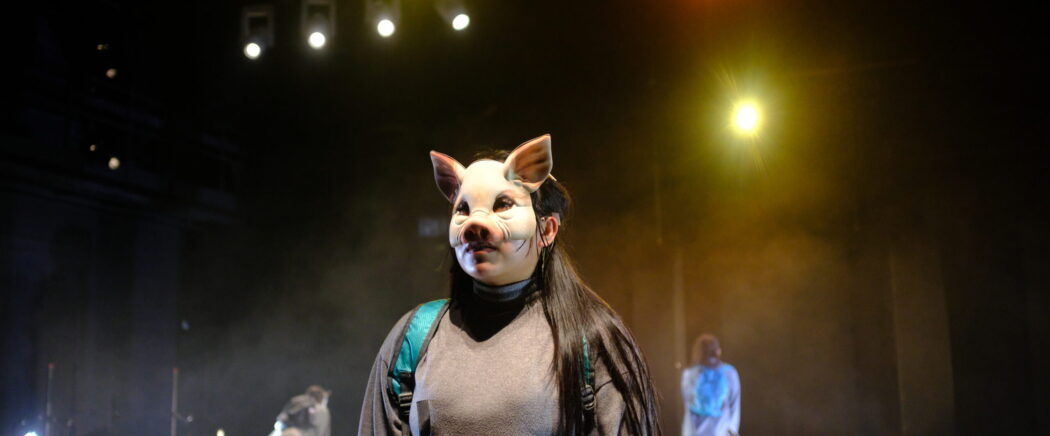In most places, an hour before the sun rises, you can hear birds chirping to start the day. Throughout the day, one can hear birds chirping. However, there is a time when the sounds of birds we typically hear go away—it’s when there is an eclipse, when day becomes night, and the birds stop chirping because they think it is nighttime. In 2024, a total solar eclipse will happen on April 8th.
An eclipse is not just a visual experience but a multisensory one that involves our senses of sight, sound, touch, and emotion. While the visual experience is evident, there are other components as well. During an eclipse, there are changes in the sounds of nature, which is the aural component. There may also be a temperature change, which can cause a physical sensation in our bodies. Finally, an emotional response comes from the sense of awe as people experience something that is not a regular occurrence.
In the past, many people believed that events such as an eclipse were out of reach for people who were blind or had low vision. However, in 2020, NASA awarded a grant to the founders of ARISA Lab to make Eclipse accessible to people who were blind. In addition, ARISA Labs collaborates with NYU Professor Reginé Gilbert’s user experiences classes to work on the site’s user interface.
The project aims to allow citizen scientists to record sounds during the Eclipse and upload them to a website so that people who may not be able to see the Eclipse can experience it through sound. The Soundscapes Eclipse project is an excellent example of inclusivity, bringing a rare event to a more extensive audience.
Observing an eclipse is a unifying experience that brings people together, fostering a sense of shared wonder. No one should feel left out. Eclipses often encourage communities to gather, promoting social interactions and connections among individuals from diverse backgrounds with childlike enthusiasm, no matter one’s age.
